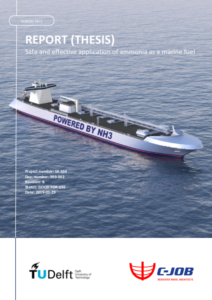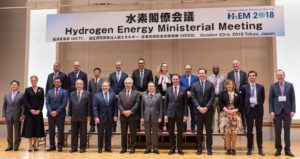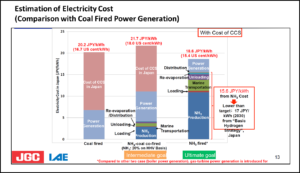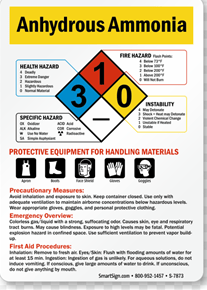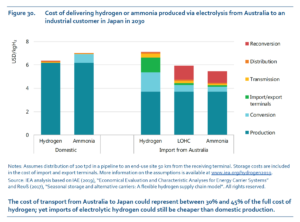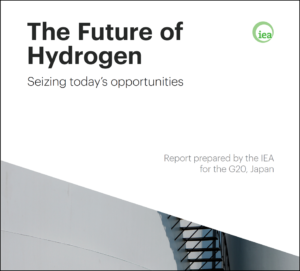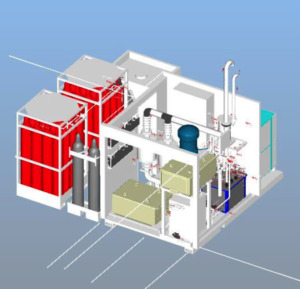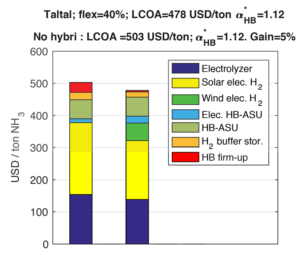Safe and Effective? New Study Evaluates Ammonia as a Marine Fuel
In mid-June the Dutch naval architecture firm C-Job released "Safe and effective application of ammonia as a marine fuel," a thesis written by the firm’s Lead Naval Architect Niels de Vries for the Marine Technology Master of Science program at the Delft University of Technology in the Netherlands. While the thesis delivers an extensive assessment of ammonia's potential effectiveness as a marine fuel, it breaks new ground in its consideration of ammonia's safety in this context.
